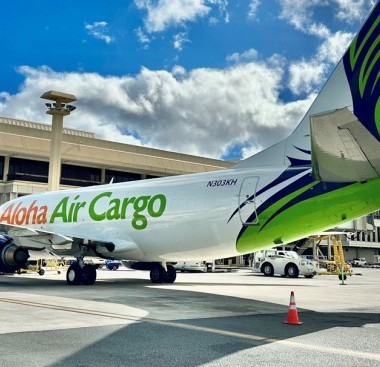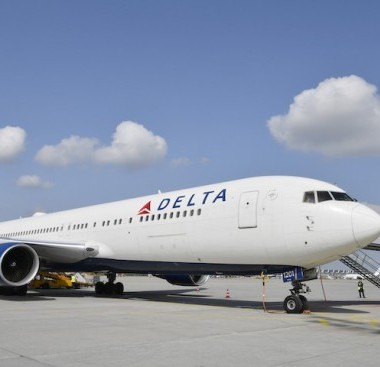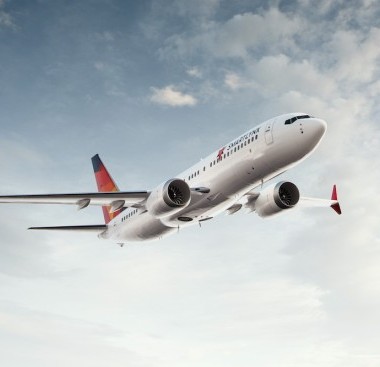The US has forgotten how to do infrastructure
As Vox’s Matthew Yglesias points out, the problem with high infrastructure costs is that they force us to debate the wrong things. If costs were reasonable, even skeptics would probably agree to fix roads and build better trains. But when the price of maintaining high-quality infrastructure is ridiculously high, the issue gets divided into two camps—a pro-building contingent that advocates biting the bullet and overspending to maintain transportation networks, and an anti-building group that throws up its hands at the price tag. When this is the debate, the country loses either way, because it ends up either spending too much money or living with potholed roads and trains that never arrive.
The U.S. is in the grips of exactly this sort of dilemma. For some mysterious reason, the same mile of road or train track costs a lot more to build in the U.S. than in other rich countries like France or Japan. When it comes to trains, the disparity is particularly egregious. During the past few years, people who pay attention to this problem have catalogued a list of potential culprits. But none of these is really satisfying.
One popular villain is union labor. The Davis-Bacon Act, passed in 1931, mandates that infrastructure workers get paid locally prevailing wages, which usually means the wages that union members would receive. Some studies have claimed that this law and other union-friendly policies drive up costs in the U.S.
But unions probably don’t help explain the yawning gap between the U.S. and other rich countries. The reason is that places like France have some of the strongest unions in the world. Strikes by rail workers are commonplace. Yet France’s trains cost much less.
Japan is another counterexample. The median salary for a Japanese construction worker in 2014 was about 4 million yen a year, which at current exchange rates is roughly $36,000. Construction workers in the U.S. make about the same—an average of $37,890 in 2016. Now, it’s possible that the average Japanese worker is capable of building much more in an hour than the average American worker, meaning U.S. laborers could still be overpaid in the relative sense. But it seems unlikely that the difference is that huge. The numbers are pretty clear—high wages aren’t the big culprit in U.S. costs.
Another bogeyman is land-acquisition costs. People think of China’s authoritarian government forcing millions of people to move in order to build dams and highways, and assume this must be why it can get things done so much more cheaply than in the democratic U.S.
But this is also probably a red herring. As transit blogger Alon Levy notes, land-acquisition costs are much higher in Japan, where eminent domain laws are weaker. So much for the U.S. being the land of property rights! And yet, somehow, Japan still lays train track much more cheaply.
Explanations based on geography—the U.S. is too spread out, or New York City is too dense—also fail to stand up to scrutiny. Cumbersome environmental impact reviews are a possible culprit, but it’s hard to believe that countries such as France would be so willing to pave over their natural beauty and slaughter endangered species that their trains would cost only half as much as America’s as a result.
There is reason to suspect that high U.S. costs are part of a deeper problem. For example, construction seems to take a lot longer in the U.S. than in other countries. In China, a 30-story building can be completed in only 15 days. In Japan, giant sinkholes get fully repaired in one week. Even in the U.S. of a century ago, construction was pretty fast—the Empire State Building went up in 410 days.
Yet today, it takes the U.S. many years to spend the money that Congress allocates for infrastructure. New buildings seem to linger half-built for months or years, with construction workers often nowhere to be found. Subways can take decades. Even in the private sector, there are problems—productivity in the homebuilding sector has fallen in recent decades.
That suggests that U.S. costs are high due to general inefficiency—inefficient project management, an inefficient government contracting process, and inefficient regulation. It suggests that construction, like health care or asset management or education, is an area where Americans have simply ponied up more and more cash over the years while ignoring the fact that they were getting less and less for their money. To fix the problems choking U.S. construction, reformers are going to have to go through the system and rip out the inefficiencies root and branch.
Unfortunately, this is going to be hard, given all the vested interests and institutional inertia blocking deep reform of the construction sector. As Yglesias ruefully notes, a study by the Government Accountability Office looking into the problem of high train-construction costs was recently killed by Congress, with no explanation given.
Shenanigans like this can only delay the day of reckoning. The U.S. construction sector is sick, and the disease must be diagnosed. Otherwise, infrastructure debates will continue to seesaw between those who are willing to spend too much and those who are willing to let the system crumble because it costs too much to repair.
Similar Stories
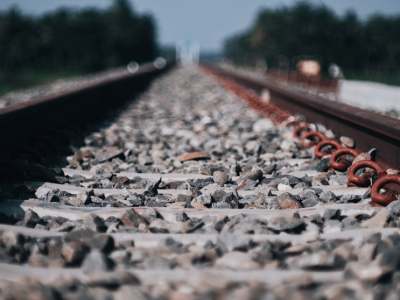
Fortress-backed Brightline asks investors to bet on Florida rail
View Article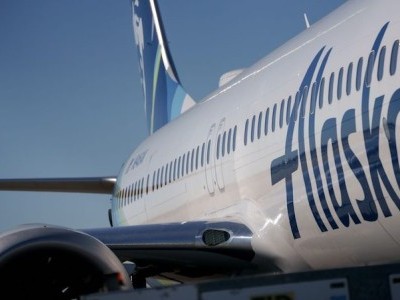
Alaska Air profit forecast signals rebound from Max woes
View Article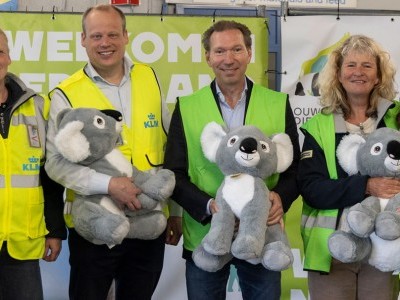
Air France KLM Martinair Cargo transports koalas to Ouwehands Zoo in the Netherlands
View Article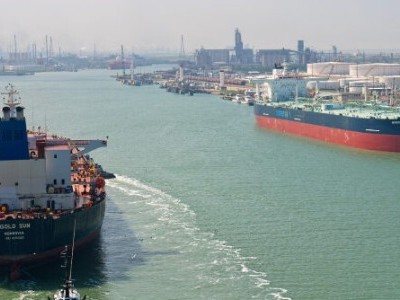
Port of Corpus Christi announces first quarter 2024 volumes
View Article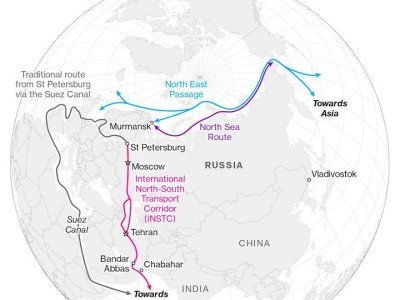
Russia builds new Asia trade routes to weaken sanctions over war
View ArticleGeely to sell $1.32 billion of Volvo truck shares
Shares of truckmaker Volvo AB dropped as much as 5.9% in Stockholm on Friday on news that China’s Zhejiang Geely Holding Group had sold the entirety of its Class B…
View ArticleGet the most up-to-date trending news!
SubscribeIndustry updates and weekly newsletter direct to your inbox!

